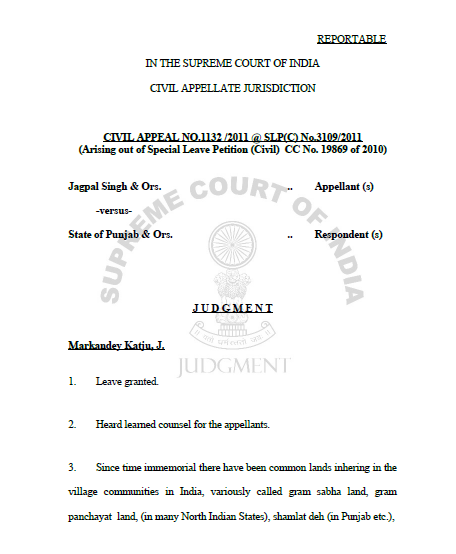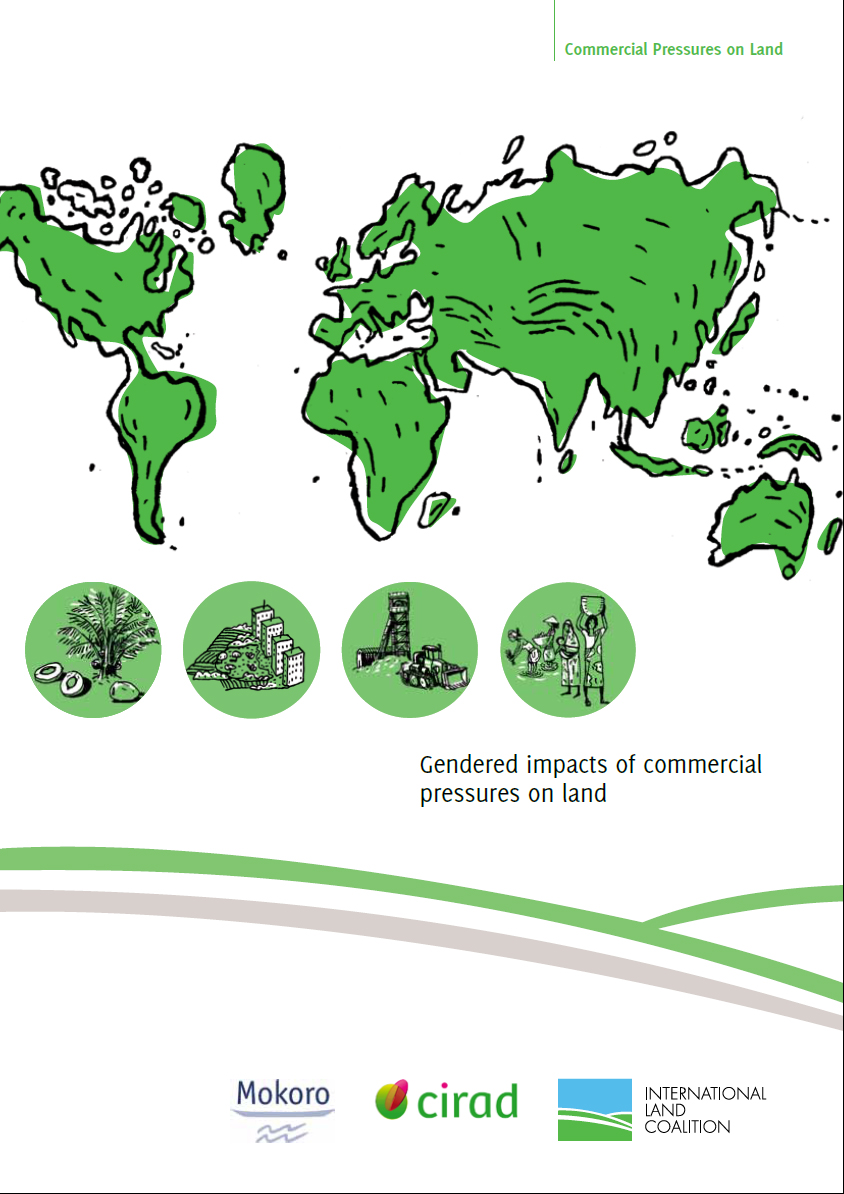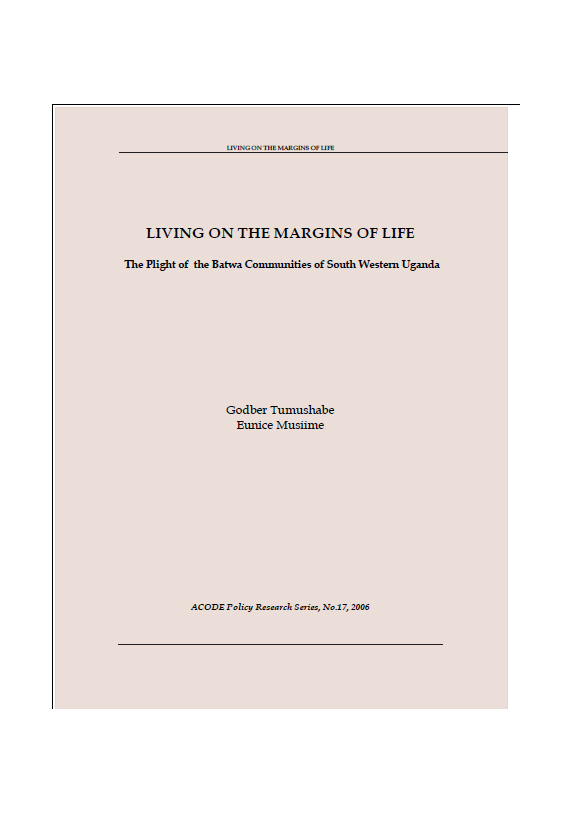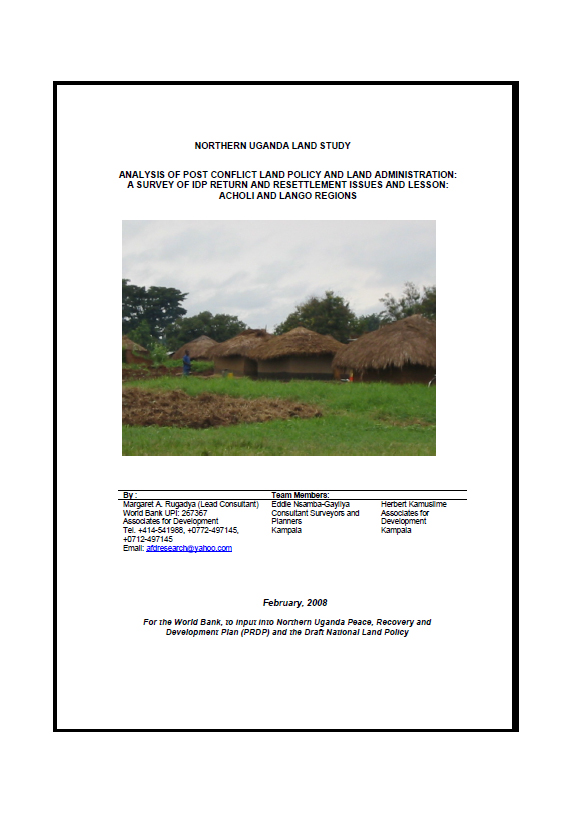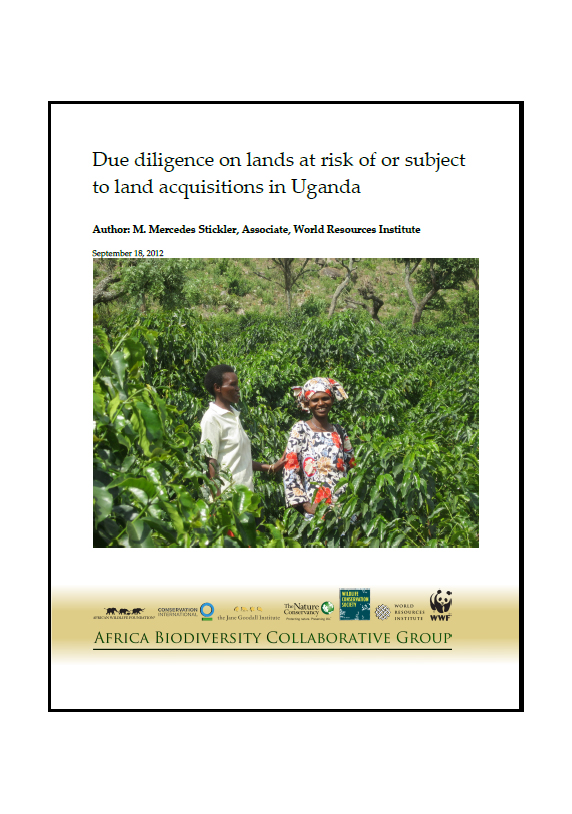Supreme Court of India Judgment on Village Common Land in Case of Jagpal Singh & Ors vrs. State of Punjab & Ors. (Civil Appeal No.1132 /2011 @ SLP(C) No.3109/ 2011
This is a judgment of Supreme Court of India to check grabbing of village common land including ponds and water bodies (called in different names) by unscrupulous persons, political clout, powerful vested interests, corrupt state authorities, etc by fraudulent practices and ensure their protection and safeguard.

